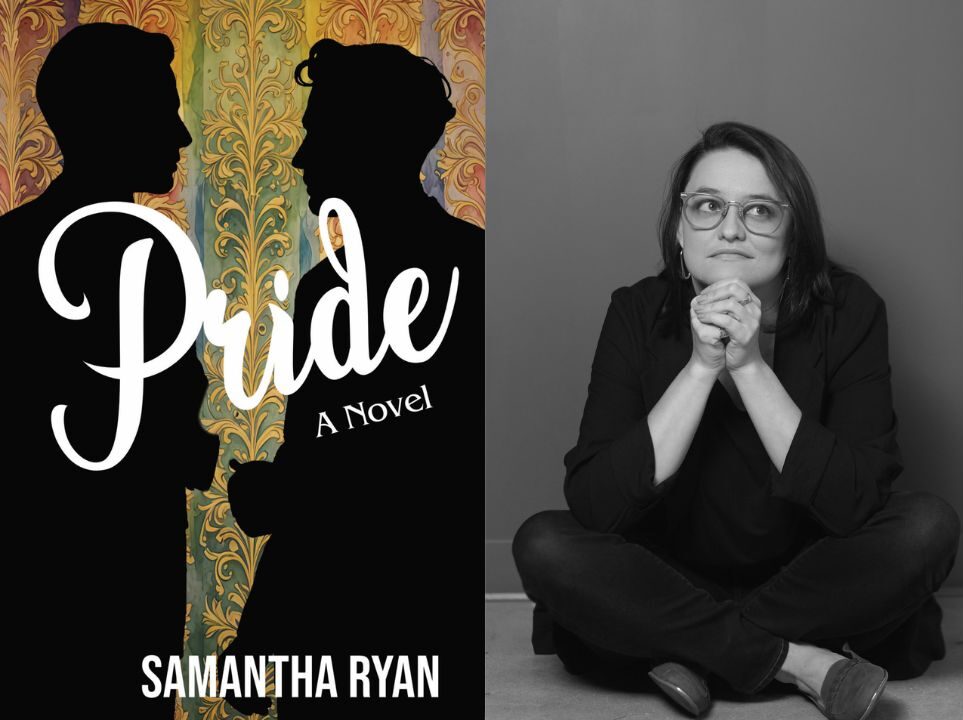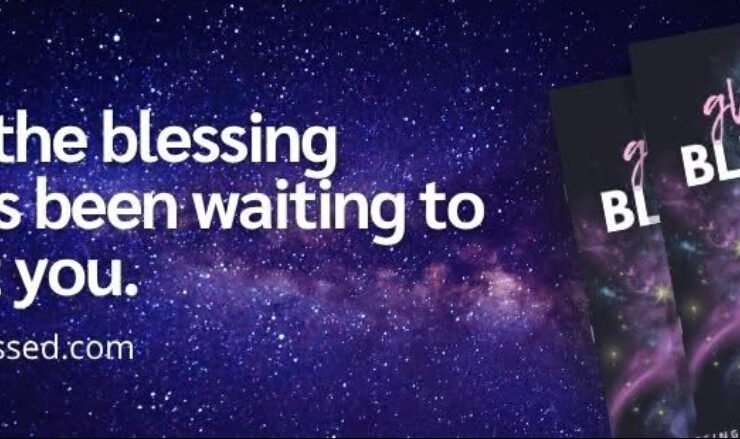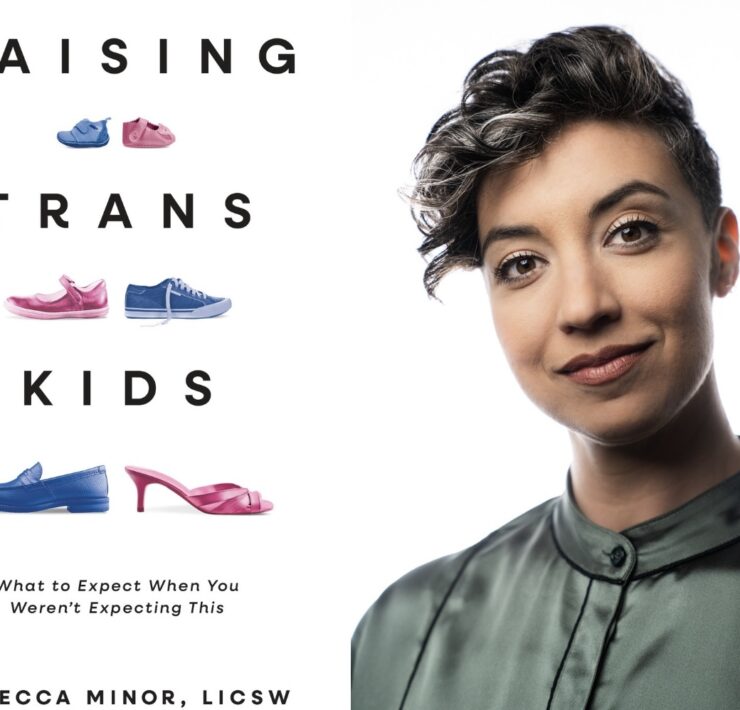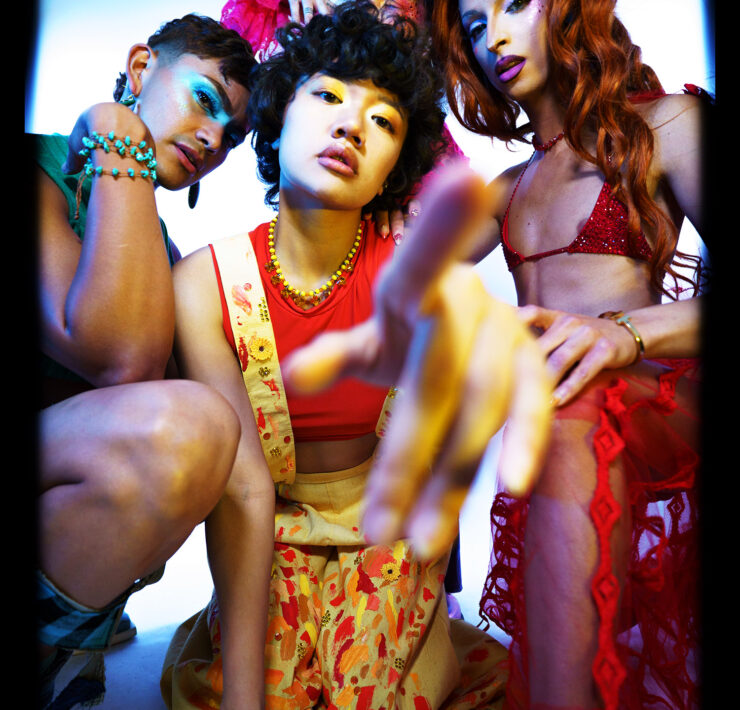Samantha Ryan Writes a Bingeable and Notably Queer Version of Pride and Prejudice

Eden Heffron-Hanson is a trans author living in Denver, Colorado.
Samantha Ryan’s Pride is a bingeable and notably queerer take on Pride and Prejudice. The book has fun with its source material while also remaining fresh as an adaptation. Though it may lack that true sense of pain and malice in the characters from Jane Austen’s works, as a self-proclaimed love letter to rom com’s the book is a solid piece of writing.
As an adaptation Pride is more of a page-turner than Jane Austen’s work. The book’s love interest is much more likeable than the wooden, self-doubting, Darcy of Austen’s books (I know people think that dude is a heart throb, but he is LITERALLY the most boring human). Pride’s Darcy is a likeable former party boy who needs to work on his trust issues, a place where the book might struggle is that he is too loveable, whereas we might naturally question why Elizabeth Bennet is falling for the dumb aloof Darcy in the Pride and Prejudice we are very aware of Avery’s charm in Pride. Actually, any ambivalence Ben shows towards Avery seems confusing considering he is basically nothing but charming and considerate the entire novel.
The challenge in Pride centers around the defining queer experience of being in a situationship for a year. To me Pride is much more an adaptation of the idea of Pride and Prejudice, of an inter-class relationship between the gentry and middle class, than one that tries to adapt each moment of Austen’s work. The book focuses in on a “will-they-won’t-they” between a protagonist and suspiciously straight love interest. We might question whether a middle-aged business owning gay man would have the patience for a yearlong game of stop and go but I choose to believe in love.
Ryan has fun with intertextuality in this book. From the twist at the end literally being a name reveal to the exploration of Bingley’s “golden retriever energy” it’s quite fun for anyone who cares about the cultural ephemera surrounding Jane Austen. There is something to be lost in the switch from a female to male protagonist in losing the sense of urgency and pressure that Jane Austen was interested in, but the way Ryan adapts the various class, marriage, and family dynamics to modern day remains interesting. .
If I were to try to explain this book to a friend at a loud and crowded bar I would probably yell, “IT’S PRIDE AND PREJUDICE BUT, LIKE, GAYER,” which would be an adequate summary of the book. If my friend made the arduous decision to ask me what I thought over the clubs conspicuous Madonna I might yell, “IT WAS PRETTY GOOD, BUT I WOULD’VE LIKED MORE SEX.” Alas, Jane Austen’s legacy remains a purely softcore one. But that isn’t the type of writer Samantha Ryan is or needs to be. And I’m unsure whether Pride and Prejudice could hold up with an increase in lust and impatience. But Ryan is bighearted, and I think that while the book doesn’t challenge the distinctly middle-class values that define Austen’s work, it does create a much more welcoming environment for readers traditionally outside of rom-com audiences.
The publishers back-flap doesn’t lie. This is an extremely cozy book filled with coffee, empty bookshops, and comfy chest hair (though I might’ve made the last one up). It will certainly carry you through a winter weekend if you can no longer handle the cold or your families texts. I look forward to what else comes from Ryan knowing that she will create something worth snuggling up with.
What's Your Reaction?
Eden Heffron-Hanson is a trans author living in Denver, Colorado.










